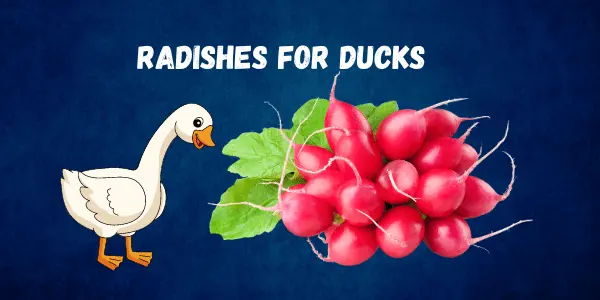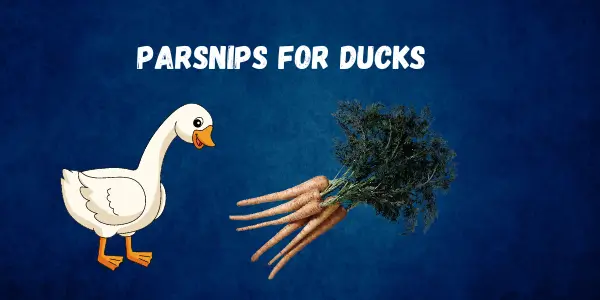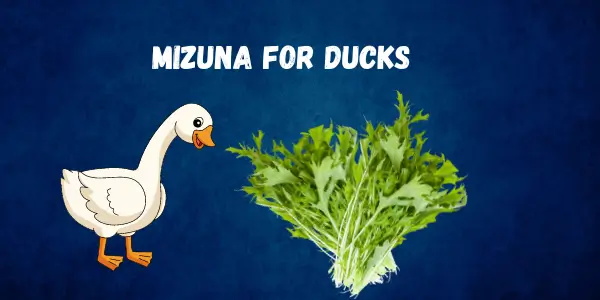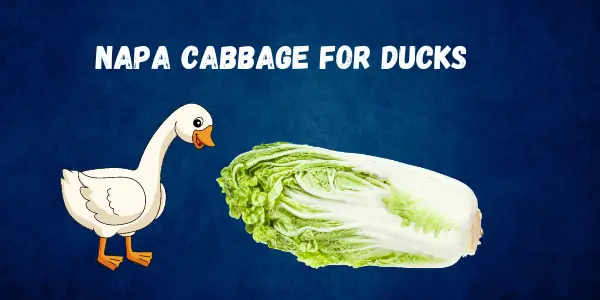Can Ducks Eat Mustard Greens? Comprehensive Nutritional Insights
Published: 17 Sep 2024
Ducks have a diverse dietary requirement that often surprises pet owners and wildlife enthusiasts. Mustard greens, a nutrient-dense leafy vegetable, can be a potential addition to a duck’s diet when introduced carefully and thoughtfully.
Understanding Mustard Greens in a Duck’s Diet
Mustard greens are cruciferous vegetables packed with essential nutrients that can offer potential health advantages for ducks when incorporated appropriately.

Nutritional Profile of Mustard Greens for Ducks
Mustard greens provide a rich nutritional profile that can complement a duck’s dietary needs:
- Vitamin K: Supports blood clotting and bone metabolism Vitamin C: Boosts immune system functionality Vitamin A: Enhances vision and reproductive health Calcium: Crucial for bone strength and egg production Fiber: Supports digestive system regulation
- A 100-gram serving of mustard greens contains approximately:
- 27 calories 4.7 grams of protein 0.3 grams of fat 4.6 grams of carbohydrates 3.2 grams of dietary fiber
Potential Health Benefits of Mustard Greens
When integrated strategically, mustard greens can offer multiple health advantages:
Enhanced immune system response Improved metabolic functions Support for feather quality Potential reduction in inflammation Natural source of antioxidants
Risks and Precautions When Introducing Mustard Greens
Despite nutritional benefits, careful consideration is essential:
Oxalic acid content may interfere with calcium absorption Introduce in small, controlled quantities Monitor duck’s individual response Ensure greens are fresh and thoroughly washed Avoid pesticide-treated vegetables
Quantity and Frequency Guidelines
Initial introduction: 1-2 small pieces Frequency: Once or twice per week Maximum serving: 10% of total dietary intake Chop into small, manageable pieces Always provide fresh water alongside new food items.
Proper Preparation of Mustard Greens for Duck Consumption
Wash thoroughly to remove potential pesticides Remove any wilted or damaged leaves Cut into small, bite-sized pieces Avoid seasoning or adding salt Serve raw or lightly steamed Remove tough stems that might be difficult to digest.
Preparation steps minimize choking risks and maximize nutrient absorption. Ducks prefer fresh, crisp greens that are easy to consume and digest.
Nutritional Impact on Duck Health Vitamins and Minerals in Mustard Greens.
Mustard greens offer a concentrated nutritional profile beneficial for duck health:
Vitamins:
- Vitamin K: Critical for blood clotting and bone metabolism Vitamin A: Supports eye health and immune function Vitamin C: Enhances overall immune response Vitamin E: Provides antioxidant protection
Minerals:
- Calcium: Essential for bone strength
- Magnesium: Supports metabolic processes
- Potassium: Regulates heart and muscle function
- Iron: Supports oxygen transportation in blood
Common Misconceptions About Ducks and Mustard Greens
Myth: All greens are equally safe for ducks Reality: Each vegetable has unique nutritional properties and potential risks Myth: Ducks can eat unlimited quantities of mustard greens.
Reality: Moderation is key to preventing digestive issues Myth: Mustard greens are a complete dietary replacement Reality: Mustard greens should supplement, not replace, a balanced duck diet.
Conclusion: Integrating Mustard Greens Responsibly
Mustard greens can be a nutritious addition to a duck’s diet when: Introduced gradually Served in appropriate quantities Prepared with care Monitored for individual duck’s response. Always prioritize individual duck health and consult veterinary professionals for personalized dietary guidance.

- Be Respectful
- Stay Relevant
- Stay Positive
- True Feedback
- Encourage Discussion
- Avoid Spamming
- No Fake News
- Don't Copy-Paste
- No Personal Attacks

- Be Respectful
- Stay Relevant
- Stay Positive
- True Feedback
- Encourage Discussion
- Avoid Spamming
- No Fake News
- Don't Copy-Paste
- No Personal Attacks





